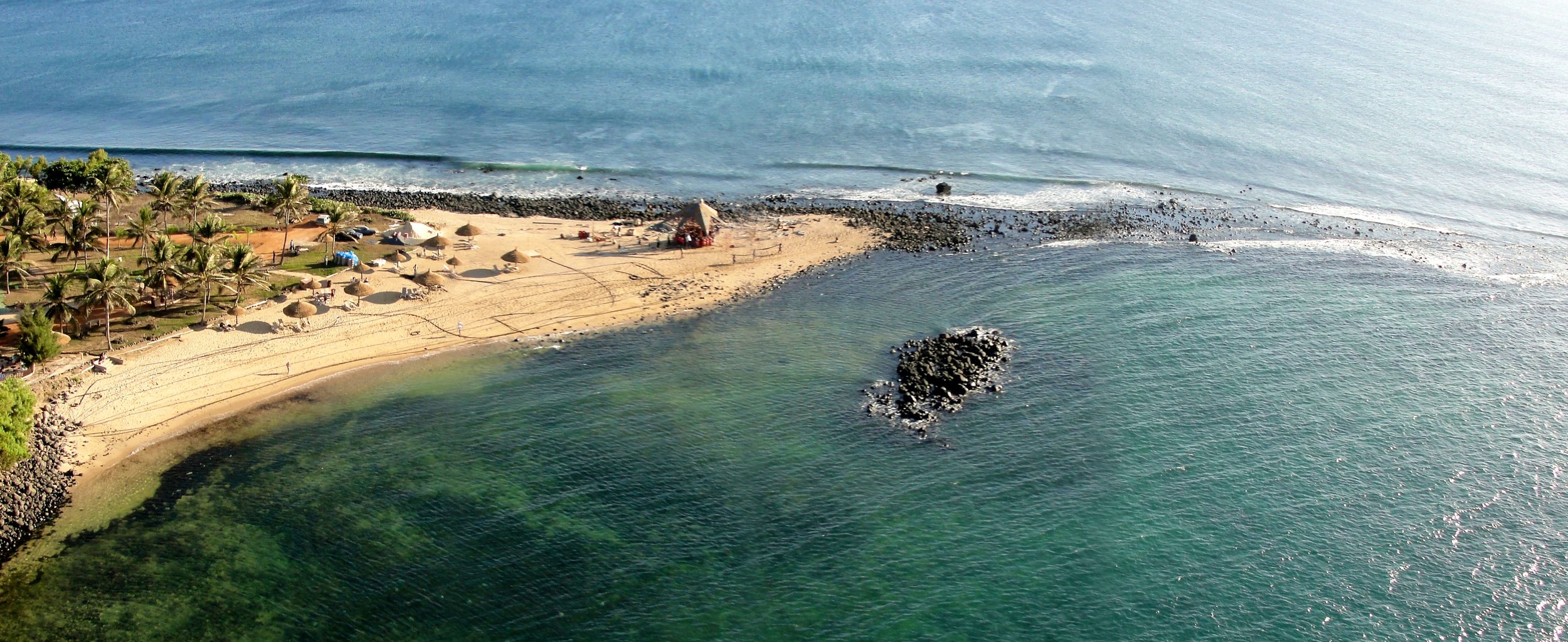
Sama Almadies
Dakar, Senegal 2024
Inspired by Charles Fréger's evocative photography, the design revolves around the interplay of cultural identity, materiality, and simplicity. Fréger’s striking portraits of traditional costumes and intimate human connections guide the concept, with a focus on creating a space that reflects both the vibrancy and simplicity of local culture while providing an immersive, luxurious experience. The hotel embraces neutral materials such as fairfaced concrete, timber, and woven textiles, reflecting Senegalese craftsmanship and the region's connection to nature. The tectonic design is simple yet expressive, with clear, clean lines and a harmonious integration of indoor and outdoor spaces. Large, open windows frame the Atlantic horizon, allowing ample natural light to flood spacious rooms, accentuating the textures of handwoven fabrics and smooth, earthy surfaces. Rooms are designed with an emphasis on spaciousness, allowing for flexibility and comfort. Minimalistic furniture, neutral tones, and unobtrusive details ensure the spaces feel serene and uncluttered. Thoughtfully placed lighting—both ambient and task-driven—highlights architectural features while creating a calm, soothing atmosphere. Every element is curated for ultimate comfort, blending modern luxury with an appreciation for the region’s rich heritage. The hotel becomes an oasis that celebrates both simplicity and refined comfort.
The Sama Rooms feature a functional design, minimalist and artistic, harmonized by pastel and granite tiles, creating a comfortable atmosphere. The 92 bedrooms and suites that are designed to be comfortable all day long are a great way to respond to the users’ needs: small bathroom, small canapé or fauteuil for the late moments, elegant bathroom, spacious rooms with a view as well as a tectonic that brings to life the rich textures and colors of Dakar. We attached great importance to local artists, because the rooms are decorated with original and unique art, native to Sénégal. Our objective was to provide the user with a convenient, comfortable and at-hand technology to respond to all expectations.





















